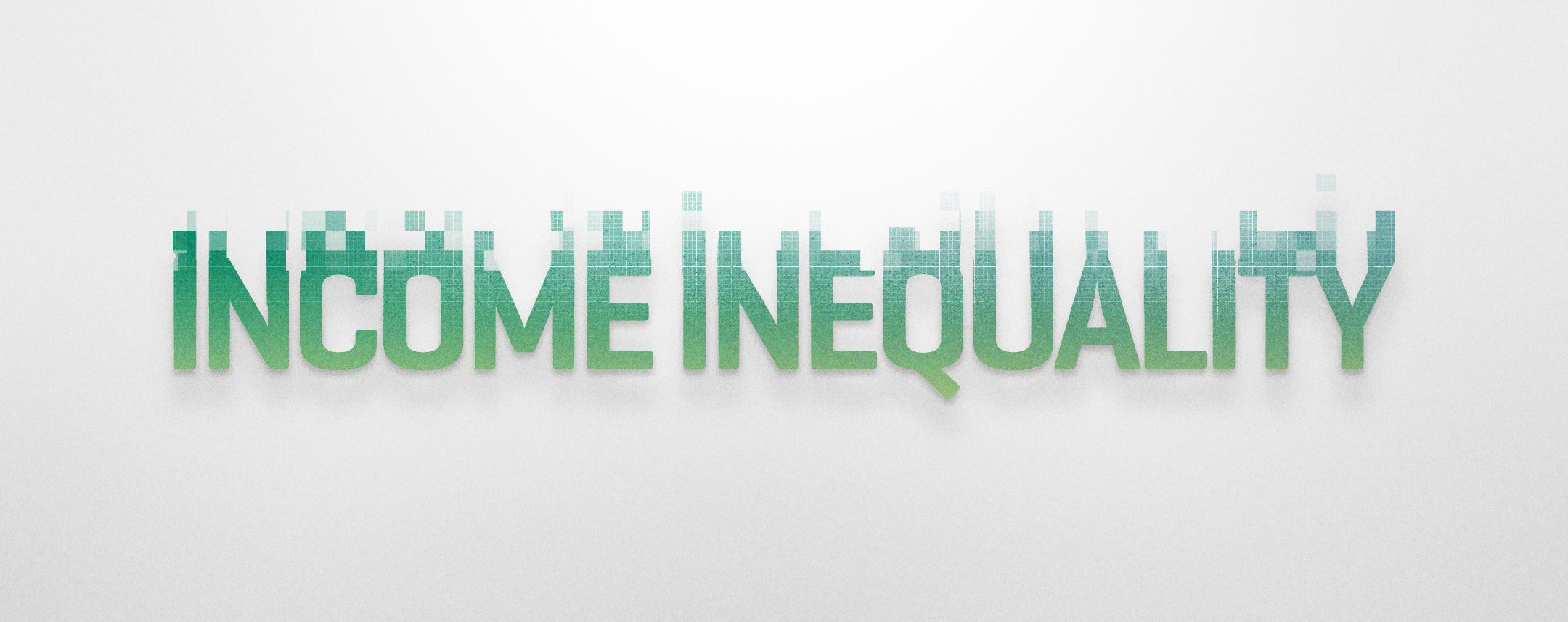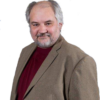Usually, the best way to discredit a bad idea is to break it down into its individual components, analyzing their weaknesses one by one. And since there are few ideas worse than the notion that someone else’s income should be—or can be—distributed more “fairly,” let’s examine a passionate but facile attempt to do just that by Seattle Times columnist Jerry Large.
In an Oct. 8 piece headlined, “Nation Listing from Income Imbalance,” Large cherry-picks a number of favorable demographic statistics to conclude that a higher power (read: government) needs to step in and close the widening gap between rich and “poor.”
To wit, he states:
“…income growth has been concentrated at the top, captured by people who were already high earners. The top 20 percent of households by income increased their earnings significantly, while the bottom 20 percent saw their income remain mostly flat.”
Meaning what exactly? Of course incomes in the bottom 20 percent stayed flat. By definition, the bottom is the bottom only because there isn’t anything below it. That said, even those classified as low-income by modern standards tend to own cars, cell phones, personal computers and televisions with cable hookups. Meanwhile, the biggest health problem plaguing low-income children these days may well be obesity.
Which isn’t to say there aren’t a lot of people struggling. It’s just that “low-income” is relative term we keep reinventing to make sure it always applies to enough people to prove the point we’re trying to make.
It’s also a fact that just because the same number of people are classified as poor every year, that doesn’t mean it’s always the same people. For most, the bottom is just a starting point, and they move up from there.
Meanwhile, there’s no limit to what a person can earn if he or she works hard and plays by the rules. If the discrepancy between rich and poor is getting wider, it isn’t because the poor are sinking lower. It’s because so many more people are blowing the lid off of expectations and achieving their dreams of becoming spectacularly wealthy.
This is a bad thing?
To Large, apparently it is. He continues:
“There’s nothing preordained or natural about our current economic circumstances. We can reduce inequality, and we should, because in the end it’s not beneficial for the society…”
Who says it isn’t? And how exactly will this miraculous restructuring occur? The only way it can is by allowing benighted politicians and bureaucrats to decide who deserves how much of what someone else has earned rather than allowing the free market to work.
Collectivists like Large love to wail about “fairness” and “justice,” but what could be more fair or just than permitting people to succeed—or fail—based on their innate talents, hard work and willingness to take risks rather than empowering biased humans to pick winners and losers?
Large continues:
“The people at the table don’t have to have exactly the same amount; that wouldn’t work. But at some point the distribution becomes so unequal as to be morally obscene.”
Obscene to whom? No doubt to the person who has less than his neighbor, or to the person who seeks the privilege of redistributing others’ incomes along lines more agreeable to his tastes. But to the person who’s actually worked hard, obeyed the law, paid his taxes and still managed to accumulate a little bit of wealth, the obscenity is that someone else should be allowed to arbitrarily decide how much of it he’s allowed to keep.
Note that nowhere does Large accuse those at the upper end of the scale of having stolen anyone else’s wealth in acquiring his own. And yet he feels perfectly justified in penalizing them for nothing more than attaining what others haven’t.
Large concludes his discourse on equity by observing:
“…tax and regulatory reforms at the state and national level will have to favor the majority just a little bit if we are going to get to a balance that allows great wealth, but without turning America into an oligarchy.”
Um, no. According to the dictionary, an oligarchy is “a form of government in which all power is vested in a few persons or in a dominant class or clique; government by the few.”
And by a strange coincidence, that’s precisely what Large is advocating while claiming to abhor it. In his fantasy world, a handful of “experts” will substitute their opinions for the collective wisdom of the free market to decide how much your labor is worth and what portion of your earnings you’ll have to surrender to those who didn’t work as hard or as well.
Rather than a meritocracy where the sky is the limit, Large envisions a world where mediocrity is glorified and everyone’s horizons are forever shackled to what the least of us allow the true achievers to keep. Fair is what they decide it is, not what the billions of independent consumers in a free market dictate.
Contrary to his calculations, what unfairness and inequity exist in the nation’s current economic system is the result of too many taxes and regulations, not too few. A game that punishes the winners and rewards the losers is one nobody will bother playing for very long.
Unless you happen to be the one who’s either losing or making up the rules.












